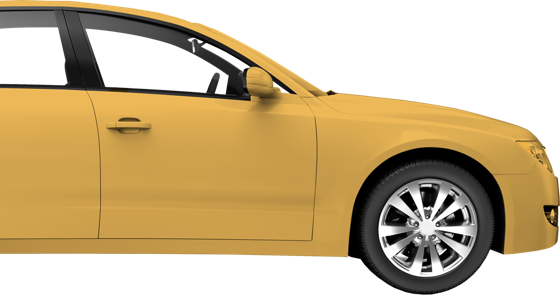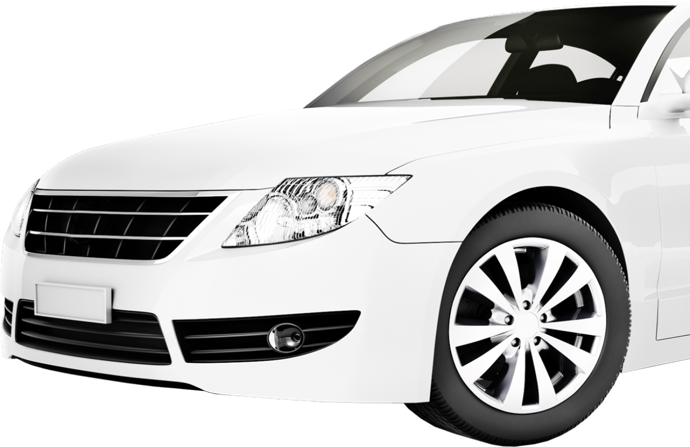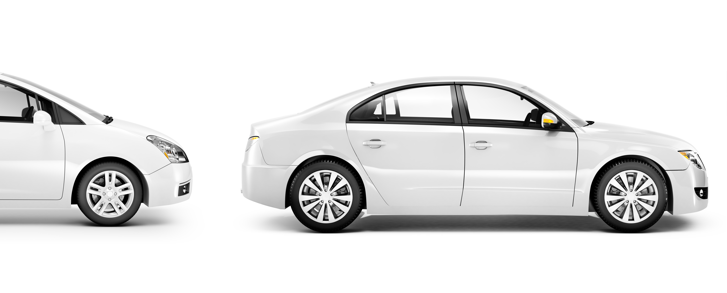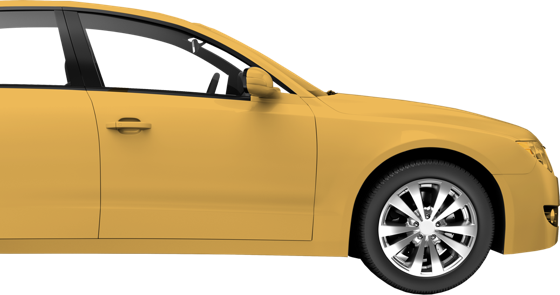I spoke directly to Mr. Shainfeld who helped guide me through the lemon law process. He was always responsive to me both via phone and emails. He was prompt and professional. Hopefully I do not have any further issues with my car in the future, but if I do I will contact Shainfeld Law.
Dave
Prompt and Professional
Brett and his team was truly amazing to work with. From my very first contact through their chat capabilities on their website to the very last conversation with Brett. Being our first lemon claim for our 2018 Audi e-tron we were intimidated by what the process could be and didn’t know what to expect. Brett and his team made everything so easy to understand and seamless.
Emily
Amazing to Work With
I had a great experience working with Brett Shainfeld. Easy to talk to and quick to respond, he explained the process clearly from the first phone call and kept me updated on the progress. Everything was done through email and on the phone which made it fast, easy and very convenient.
Moj
Fast, Easy and Very Convenient
Cannot recommend Brett Shainfeld enough. Courteous, professional, quick to respond, and up front with my case and questions. If you think you have any car issues and might consider finding a lemon law attorney, just stop right here and contact Brett. Got me quick results and helped me out with the whole process.
John
Courteous, Professional, Quick to Respond
Brett is Amazing! Everything done by telephone and never met him and only by speaking to him regarding my case I felt like he was a good friend to speak to. He’s very upfront and down to earth and says it straight up.
Jeanette
Brett is Amazing
I could NOT have selected better representation! Mr. Shainfeld worked quickly and helped us reach a great settlement fairly quickly! I elected to pickup my final settlement check from his office, otherwise I would have never had to set foot in his work space.
Alexis
Excellent Representation
Thank you so much for all you’ve done and for being so patient with me and all my questions/concerns. Happy to have this behind me and do it so simply. It was a pleasure working with you.
Melinda
A Pleasure to Work With
Brett has been THE MOST helpful lawyer when it came to dealing with my lemon BMW. His knowledge blows all these other clowns out of the water. Extremely attentive, under promises and over-delivers. Just give him a call!
Most Helpful Lemon Lawyer
Brett was truly amazing to work with. Everything was so easy — from our initial call to the very last conversation. This was our very first lemon claim (2018 Audi e-tron) and was slightly intimidated by what the process could be and didn’t know what to expect. Brett and his team made everything so easy to understand and seamless. He’s quick, efficient, very reliable. He is super clear up front with the process and quickly answers any questions you have. I would highly recommend Brett if you are looking for lemon law attorney. We couldn’t have done it without him.
Everything Was So Easy
After the torture we went through with our dealership on our Lemon Law car and the subsequent challenge of trying to find a responsive, knowledgeable attorney to represent our case, we were at our wit’s end and highly skeptical when we found Brett Shainfeld. However, we found Brett to be clear, communicative, immediately responsive and confident. He adapted quickly to our preferred mode of communication (electronic or voicemail, rather than live discussions), and consistently kept us informed as to what was happening with our case, as well as what to expect next. And the best part is that he successfully negotiated our case with the manufacturer.
Great Experience
Brett was the best attorney we’ve had the opportunity to work with. If we ever need a Lemon Law attorney again, we won’t hesitate to use Brett. He’s very conscientious, keeping us appraised of what’s going on. If we leave a message or e-mail for him, he’d respond to is in a very timely manner. We will not hesitate to use his services again in the future. We’ll also recommend him to anyone & everyone who needs a good Lemon Law attorney.
Best Lemon Law Lawyer Ever
My lemon law settlement was done in about 2 and 1/2 months. Brett Shainfeld was very professional and answered all my questions through phone calls and emails regarding $ and etc… I’m in San Francisco and he was in southern cal…and everything turned out well.
Excellent Work
Brett, I’d like to thank you for your help throughout my case. During the course of my representation, you and your firm provided me with an unmatched customer service and always immediately responded to my questions. I could not have been any happier with the end result and always felt protected having your firm on my side. Words fall short in describing your firm’s prowess & dedication. I highly recommend your firm to anyone seeking assistance when in comes to consumer protection laws.
I could not have been happier



